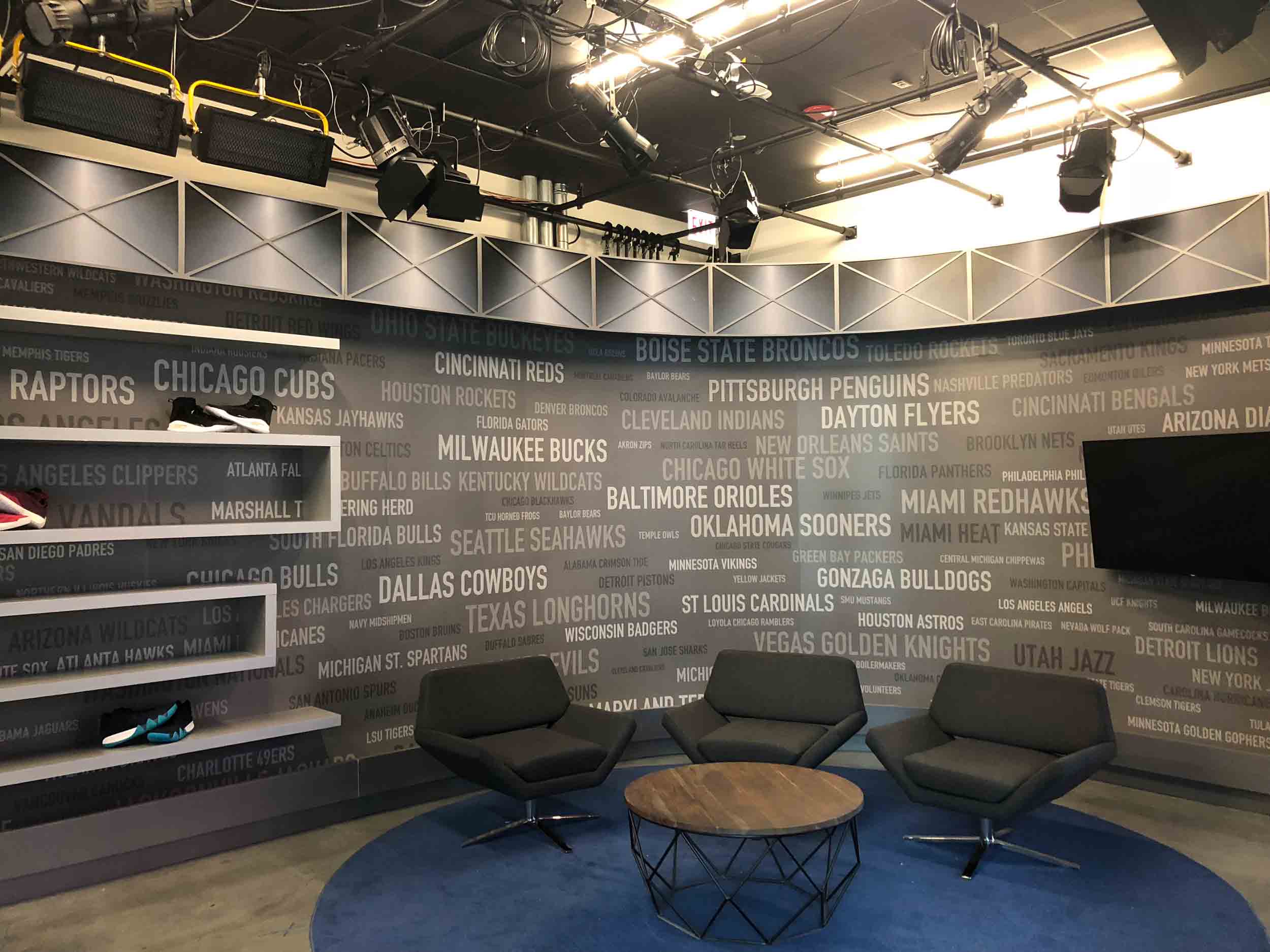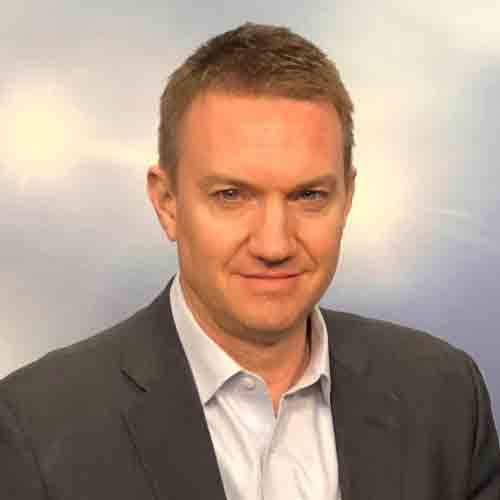Stadium Covers the Bases With Over-the-Air Distribution

The smarter way to stay on top of broadcasting and cable industry. Sign up below
You are now subscribed
Your newsletter sign-up was successful
WHY THIS MATTERS: Sports programming is in demand, but cord-cutting could drive some of it back to the free, over-the-air segment.
Just because you’ve cut the cord doesn’t mean you don’t want sports.
Recognizing that idea, online sports network Stadium is ramping up its over-the-air carriage to provide more viewers with a free alternative to ESPN and other cable networks in a post-cable world.

“We believe we have the opportunity to become the most widely distributed sports network there is, whether it’s through free-to-air broadcast or via digital channels,” Stadium CEO Jason Coyle said.
As more of the TV world goes on-demand and direct-to-consumer, Coyle sees sports fans paying for games on a pay-per-view or subscription basis, but still looking for a cable-quality but free sports service. “We see ourselves as that next-generation daily sports offering that’s free,” he said. “That’s a significant differentiator.”
Stadium’s backers are helping it gain distribution and the rights to air highlights. Its owners include Sinclair Broadcast Group and Silver Chalice, founded by Jerry Reinsdorf, owner of the Chicago Bulls and White Sox. It formed partnerships with leagues including Major League Baseball and the National Hockey League.
It has rights to collegiate games from the Patriot League, Conference USA, Mountain West Conference and West Coast Conference. And in the past month, Stadium has added carriage on stations that bring its distribution to more than 20 million television households.
The smarter way to stay on top of broadcasting and cable industry. Sign up below
The latest stations are WUFT, Boston; KTFD, Denver; KBNT, San Diego; and KTFQ, Albuquerque, N.M.
“Not only are those scaled markets, but they’re also really strategic, because they all represent markets in which we have conference partners and partner schools where we have live games,” Andrew Schnell, managing director of corporate development for Stadium, said. For example, Stadium airs Boston College, Colorado State, New Mexico and San Diego State football games.
Suiting Up With Digital
Stadium is also adding digital distribution. It either had a live feed or its shows appear on free interactive and social platforms including Facebook Live, Twitch, Twitter and YouTube. It is also starting to generate subscriber fees for carriage on virtual multichannel video programming distributors including Sling TV, PlayStation Vue, Pluto TV and Fubo TV.
A premium programming package is in the works as well.
The added scale will help Stadium’s advertising business, which has been mostly direct response. The network recently held its first upfront at its home in Chicago’s United Center and expects to have ratings from Nielsen online by the start of football season.
Switching to general advertising will raise the price for ads, and Stadium is pitching itself as a turnkey way for sponsors to reach viewers on multiple platforms, including TV, online and social.
“They’re really the only sports channel on over-the-air,” said Michael Kokernak, principal of Video 3.0 LLC, who follows the digital broadcast world.
“It’s really about, are they eventually going to be able to get the sports rights that are going to help them compete with the big players in the space,” he said. “Is Sinclair going to really step up to the plate and get some rights? They’re already doing that through the Tennis Channel, so they have experience in that area.”
Sinclair has figured out that it needs national programming in order to succeed, Kokernak said, and Stadium could be the station group’s toe in the water as far as sports is concerned. “Sinclair, I think, gets it.”
Most of the TV rights to big time sports such as NFL football and NBA basketball are locked up for years, Stadium’s Coyle noted.
“If we do our work in the next year, two years, three years, we should be in play for a lot of things. I wouldn’t rule any of it out,” he said.
Gambling on Sports Facts
There’s a lot of talk in the sports world about how to take advantage of what could be a spread of legalized sports gambling. Coyle said Stadium’s studio programming philosophy, which is heavy on facts and light on opinion, should prove popular in a wagering world.
Another way Stadium differentiates its programming is by focusing less on the biggest markets and teams such as the Yankees and Red Sox and looking for stories no matter where they originate.
“We’re not anti-coast and we are the opposite of political,” Coyle said. “This is not red state and blue state. It’s just presenting a genuinely different editorial experience.”
In the meantime, Stadium is experimenting. It’s getting some good response when it runs Ultimate Frisbee events on Twitch and it is developing an eSports entry with a “major player.”
“We want to find sports where we can become famous within that sport if we really dedicate ourselves to distributing it, so we’re in talks with a number of emerging sports leagues,” Coyle said. “We’re never going to get away from being a general-market sports service, but we do see the possibility to build enthusiast sports verticals within that.”
Jon has been business editor of Broadcasting+Cable since 2010. He focuses on revenue-generating activities, including advertising and distribution, as well as executive intrigue and merger and acquisition activity. Just about any story is fair game, if a dollar sign can make its way into the article. Before B+C, Jon covered the industry for TVWeek, Cable World, Electronic Media, Advertising Age and The New York Post. A native New Yorker, Jon is hiding in plain sight in the suburbs of Chicago.

